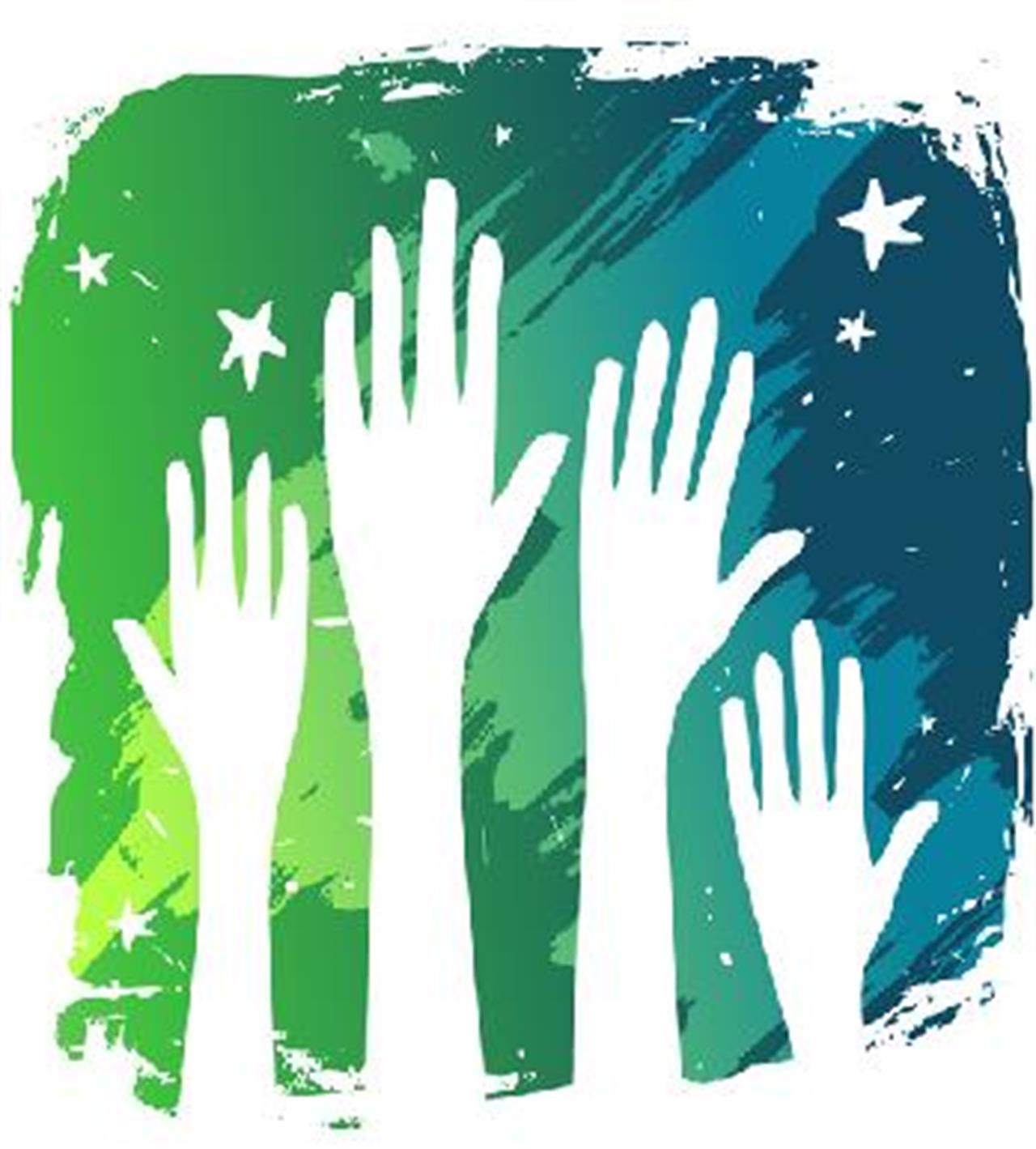The English prime minister Gordon Brown calls them “everyday heros”. In the USA, Hillary Clinton wants to support their strength by building up a West Point for social innovators. And Pope Benedict XVI has recently praised them as “a good force that breaks the rules of the market economy”. But who really are 2008’s volunteers? Young activists, social entrepreneurs or the 58 thousand employees who rolled up their sleeves on November 18th to tackle specific community needs across the globe?
Vita Europe celebrates the contribution and strength of volunteers with a special report dedicated to the new frontiers of volunteerism and to the stories of everyday heroes.
These are the stories of four young volunteers, from four corners of the world who, with a ripple effect are spreading a new trend: 2.0 volunteering.
Wuda. Armed with a red thong, native to Suriname’s indigenous Trio tribe, in one hand and a GPS in the other he maps the Surinamese rainforest, sending his data to Google Maps in order to quantify and protect the lands belonging to his people. Talia Delgado, 29. It is her ideas that lie behind www.brainstorming.info, a web-magazine based in Bucharest that is dedicated to youth empowerment and activism through new media technologies. And then there are Deron Triff and Alex Hofmann who link Wuda and Talia’s stories through a website they launched in July, www.changents.com, as well as those of other 20 and 30 socially committed year olds. Their call? Know it, talk it up, make it happen!
Robin Hoodies
But what are Wuda, Talia, Deron and Alex: volunteers, activists or social entrepreneurs? Marketing experts call them ‘Robin Hoodies’, taking their inspiration from the idealist bandit and distinguishing them from the hardcore 90’s no global generation.
These young Robin’s are a new generation go for efficiency and efficacy and not purist idealism, as demonstrates the launch of Myspace Impact. The 26th of November social networking portal MySpace opened a new section dedicated entirely to volunteers. But English newspaper The Guardian warns: are we really sure we want to use a website owned by Rupert Murdoch? A provocation that is met with a pragmatic reply: “Together with Think.MTV.com, MySpace is the most successful social networking website, with more than 109 million users worldwide”.
No more no global
And how does one go about identifying a Robin Hoodie? Twenty something year olds who have chosen David Bornstien’s How to change the world as a manifesto and who believe that social enterprise is the natural evolution of a volunteering experience, and not its negation.
So here is the first rule dictated by modern day activism bibles like www.socialedge.org and www.change.org: it is better to make your own social project economically viable and sustainable rather than to depend on public funds. This is the key to deciphering these new volunteers, who don’t feel the need to rely on big non profit organisations (who often face high maintenance costs) to make the world a better place. No, these new volunteers are self made social changers, they are agile, tailor made to fit their social mission and cheap because they use technology as their medium.
See it film it change it, says Beta Hub an online space where work is always in progress and where anyone – yes .. anyone – can publish videos, photos, articles denouncing breaches of human rights. Same music, or rather voicecast and podcast, on Engagemedia.org, that focuses on social justice in the South – East Asia.
The end of an era?
So is this the end of the era when you had to knock on an NGOs door (or web site) to find an opportunity to change the world? Well, not quite. Volunteermatch.org, one of the biggest portals dedicated to matching volunteers with volunteer opportunities, is no less clicked on than before.
As I write an appeal flashes on www.volunteermatch.org’s home page. Wanted: MySpace & Facebook manager for a charity called Art AIDS Art. Weekly time needed: 3 hours. Location: Secondlife, Facebook and MySpace. Virtual realities where NGOs, associations and foundations race to find 2.0 volunteers. Race because these kinds of volunteers aren’t easy to find. They are unpredictable, just like Robin Hood.
What role will new Robin Hoodies play?
American candidates to the White House seems have clear idea on it. Post- Bush America will be the first country in the world to have a volunteering academy. A West Point of the social that teaches social enterprise management instead of firearm practice. It will be funded by the government – 164 million dollars to teach 5 thousand students a year – and in return expects students to work in the social services sector for five years after they graduate. This will happen both with Barak Obama and John McCain to the White House.
17 centesimi al giorno sono troppi?
Poco più di un euro a settimana, un caffè al bar o forse meno. 60 euro l’anno per tutti i contenuti di VITA, gli articoli online senza pubblicità, i magazine, le newsletter, i podcast, le infografiche e i libri digitali. Ma soprattutto per aiutarci a raccontare il sociale con sempre maggiore forza e incisività.

